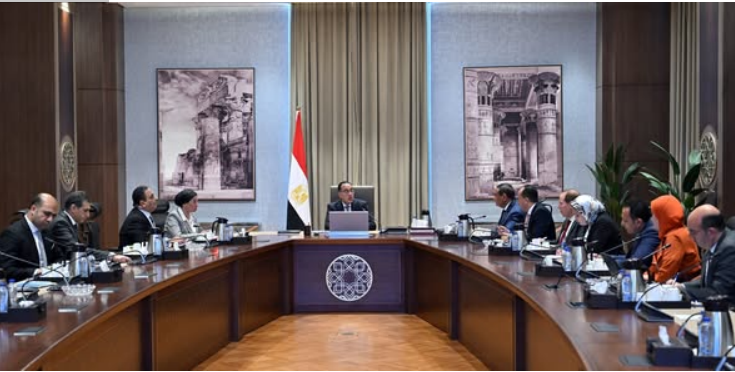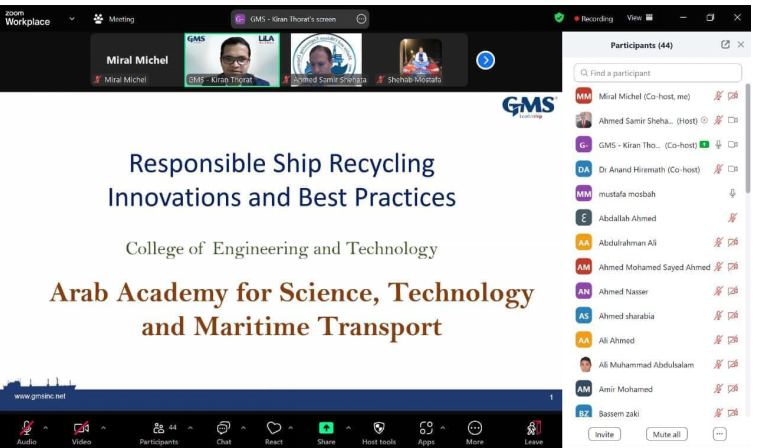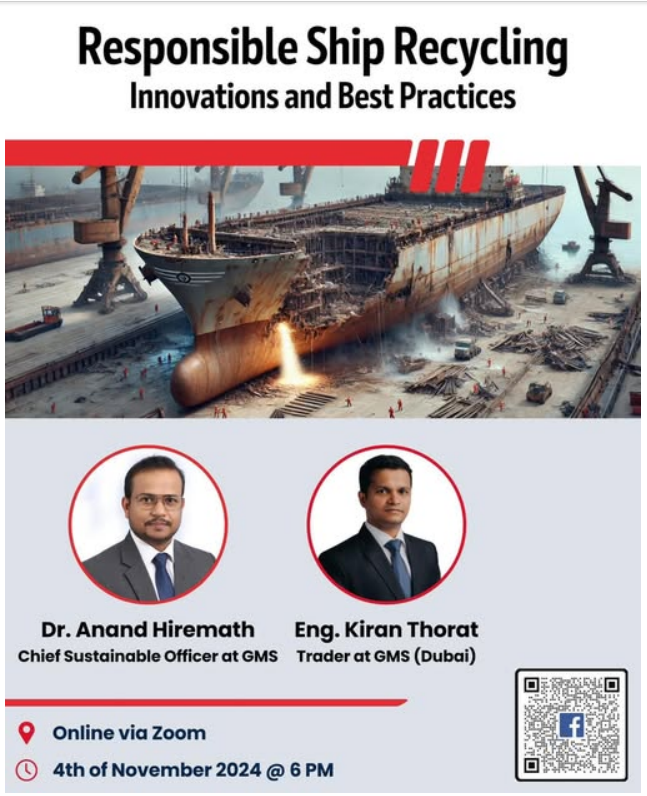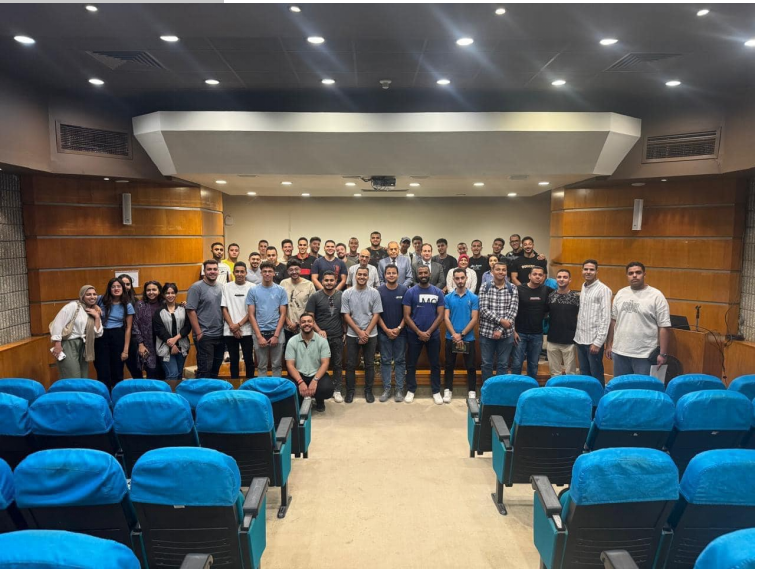
ASTMT is dedicated to the proper management of hazardous waste disposal as part of its commitment to sustainability, safety, and environmental responsibility. Through its Consumption and Recycling Policy, the institution provides clear guidelines for handling, storing, and disposing of hazardous materials in alignment with national and international safety standards. Hazardous substances must be stored in designated, secure cabinets, such as those for flammable materials, with strict enforcement both before and after use to mitigate risks, protect human health, and prevent environmental contamination. These measures not only ensure compliance with safety regulations but also reflect ASTMT’s dedication to reducing waste, reusing resources, and minimizing environmental harm. By integrating these practices into its operations, ASTMT reaffirms its role as a forward-thinking institution, striving to balance operational needs with environmental stewardship and community well-being. The following section indicating the Consumption and Recycling Policy that AASTMT is following. Point number 4 under title “The Waste Treatment Progressive System and Stages Incorporates”.
1.Introduction
AASTMT recognizes the growing global challenges arising from the excessive pressure on natural resources, escalating greenhouse gas emissions, rising sea levels, pollution, and inefficient waste management. These environmental issues threaten both present and future generations, underscoring the urgent need for responsible consumption and effective recycling practices. In alignment with its Environmental Change and Social Responsibility Policy, AASTMT is committed to advancing the Sustainable Development Goals by promoting a culture of sustainability across all its campuses and operations. The Consumption and Recycling Policy reflects this commitment by emphasizing waste reduction, resource efficiency, and responsible material use.
Through this policy, AASTMT aims to minimize environmental impact by prioritizing waste prevention, reusing materials whenever possible, and ensuring proper recycling and disposal in compliance with environmental regulations. By fostering awareness and sustainable habits within its community, the University seeks to create a cleaner, safer, and more resilient environment for future generations.
2.Scope
This policy applies to all AASTMT employees, students, and contractors who are involved in handling, managing, or storing any form of waste, including hazardous and non-hazardous materials. It establishes the framework for ensuring that all waste management activities prioritize recycling, reuse, and responsible disposal in line with the university’s sustainability objectives.
Recycling must be integrated at every stage of the waste management process—beginning with proper segregation and collection, followed by safe processing and reuse wherever feasible. A designated responsible person or unit shall oversee the recycling and disposal of materials to ensure compliance with environmental standards and the adoption of the most sustainable methods available.
By embedding recycling practices into daily operations, this policy aims to minimize environmental impact, promote resource efficiency, and support AASTMT’s broader commitment to sustainable development and environmental stewardship.
3.Aims of the Policy
The AASTMT policy considers end-of-life disposal costs and environmental impacts when making acquisition decisions involving the construction of new or renovated facilities.
AASTMT receives the 'waste order' of Prevention, reuse, reusing, and other recuperation and removal. AASTMT executes cycles, methods, and activities that guarantee consistency with ecological enactment and best practice, to lessen the general waste produced and forestall waste creation at every possible opportunity. Moreover, AASTMT is committed to measuring and weighing the amount of waste generated to track the waste and to find the best methods to reduce or recycle it.
4.Procedures
The Waste Treatment Progressive System and Stages Incorporates:
Prevention
RE-USE
Recycle
Disposal
Ethical Sourcing of Food and Supplies
AASTMT is seeking to reduce food waste as much as we can through using food preservation methods and vermicomposting practices. The university is committed to delivering healthy food for all parties in the university including food on Campus, Residences, and employees whether vegetarian or others. AASTMT makes sure that the food is available at each level to guarantee healthy food for ASTMT’s stakeholders. However, food waste is still a problem for AASTMT. Therefore, AASTMT is applying the following procedures to use the waste of food in an appropriate way:
5.Policy Statement
The AASTMT seeks to implement ethical and sustainable practices on all of its campuses. Therefore, the AASTMT has taken crucial measures to implement these practices, such as ecological practices and corporate social responsibility. Through the exchange of information within the Academy's supply chain, these food ethics and practices enable AASTMT to ensure the transparency of information about all suppliers.
To accomplish supply chain transparency, one of the primary goals of AASTMT is to identify the most reliable and reputable partners who share the same ethical practices, objectives, and data. To accomplish ethical and sustainable practices, the first step is to identify the most suitable suppliers.
The interaction with suppliers is the second step to keep secure relationships between partners and to reduce the risk. AASTMT is seeking to build a platform and application to increase communication and share important information. That would give the suppliers and partners access to the internal systems they need based on their roles within the ecosystem, sustainability practices, and the food ethics of AASTMT.
Through utilizing new technologies such as block chain technology, AASTMT plays a crucial role in facilitating the monitoring and tracing of the origin of food. It allows the AASTMT to trace the origin of food and ensure its safe delivery to campuses.
AASTMT is monitoring the overall processes between its partners to guarantee healthy and sustainable food for students, staff, and Residents. Based on this monitoring, errors must be fixed, and corrective action must be taken.
AASTMT guarantees that we are conforming to guidelines, enactment, and best practices to limit the danger of prompt and future contamination or mischief to wellbeing when completing operational exercises.
6.Actions
7.Objectives:
Waste ought to be forestalled or limited at every possible opportunity. AASTMT empowers staff, Students, and employers to limit plastic and cartoon waste, in addition to increasing the awareness about the method to minimize disposable items.
8.Review Program

You can read our Consumption and Recycling Policy on AASTMT website.
More activities are applied and practiced in the AASTMT.
Prime Minister Follows Up on the Progress of Developing the Integrated Solid Waste Management System in the Governorates Under the supervision of representatives from the Ministry of Environment and the Arab Academy for Science, Technology and Maritime Transport (AASTMT).
During the meeting, Prime Minister Dr. Mostafa Madbouly reviewed the progress made in developing the Integrated Solid Waste Management System across Egypt’s governorates between August 2022 and November 2023, under the supervision of the Ministry of Environment and the Arab Academy for Science, Technology and Maritime Transport (AASTMT). The discussions highlighted key achievements, including the signing of four contractual addenda with the Arab Organization for Industrialization to remove 2.1 million tons of accumulated waste and establish 18 new sanitary landfills, of which 1.4 million tons have already been cleared and the remaining 700,000 tons are scheduled for removal this year. The Ministry of Environment, in collaboration with AASTMT and other consulting bodies, continues to review and approve project designs and supervise the implementation of infrastructure works to ensure the effective and sustainable management of waste across the country.

AASTMT and Ministry of Environment Oversee Progress of Egypt’s Integrated Waste Management System
AASTMT Hosts Workshop on Responsible Ship Recycling in Collaboration with Global Marketing Systems (GMS)
The Department of Marine Engineering and Offshore Structures at the College of Engineering and Technology, Arab Academy for Science, Technology and Maritime Transport (AASTMT), organized an online workshop titled “Responsible Ship Recycling – Innovations and Best Practices” in collaboration with Global Marketing Systems Inc. (GMS), one of the world’s largest companies specializing in ship and offshore platform recycling. The session, held on Monday, November 4, 2024, via Zoom, featured presentations by Dr. Anand Hiremath, Chief Sustainability Officer at GMS, and Eng. Kiran Thorat, Trader at GMS Dubai. This initiative reflects AASTMT’s ongoing commitment to promoting sustainable maritime engineering practices and advancing environmental responsibility in the regional and global maritime industry.

AASTMT Workshop on Ship Recycling with GMS
AASTMT to Host Online Workshop on Responsible Ship Recycling in Collaboration with Global Marketing Systems (GMS)
The Department of Marine Engineering and Offshore Structures at the College of Engineering and Technology, Arab Academy for Science, Technology and Maritime Transport (AASTMT), in collaboration with Global Marketing Systems Inc. (GMS) one of the world’s leading companies in ship and offshore platform recycling will hold an online workshop titled “Responsible Ship Recycling – Innovations and Best Practices” on Monday, November 4, 2024, at 6:00 p.m. via Zoom. The session will be delivered by Dr. Anand Hiremath, Chief Sustainability Officer at GMS, and Eng. Kiran Thorat, Trader at GMS Dubai. This event reflects AASTMT’s commitment to enhancing the technical knowledge and professional skills of its Marine Engineering students by exposing them to the latest industrial practices, sustainable innovations, and global career opportunities in the maritime engineering sector.

AASTMT Workshop on Responsible Ship Recycling
AASTMT Hosts Workshop on the Future of Shipbuilding and Green Ship Recycling
The Department of Marine Engineering and Offshore Structures at the College of Engineering and Technology, Arab Academy for Science, Technology and Maritime Transport (AASTMT), organized a workshop titled “The Future of Shipbuilding and Green Ship Recycling” delivered by Rear Admiral Ibrahim Gaber El-Dessouky, Head of the Shipbuilding Industry Division at the Federation of Egyptian Industries. The session, held on Monday, October 7, 2024, in Al-Farsi Hall, focused on sustainable shipbuilding practices, eco-friendly recycling methods, and the role of innovation in shaping the maritime industry’s future. The event reflects AASTMT’s commitment to equipping Marine Engineering students with practical insights into green technologies and responsible industrial practices aligned with global sustainability goals.

AASTMT Workshop on Green Ship Recycling
AASTMT to Hold Workshop on the Future of Shipbuilding and Green Ship Recycling
The Department of Marine Engineering and Offshore Structures at the College of Engineering and Technology, Arab Academy for Science, Technology and Maritime Transport (AASTMT), announced an upcoming workshop titled “The Future of Shipbuilding and Green Ship Recycling” to be delivered by Rear Admiral Ibrahim Gaber El-Dessouky, Head of the Shipbuilding Industry Division at the Federation of Egyptian Industries. The event will take place on Monday, October 7, 2024, in Al-Farsi Hall at AASTMT’s College of Engineering and Technology. Participating students from the Marine Engineering and Offshore Structures Department will receive certificates of completion. The workshop reflects AASTMT’s ongoing commitment to enhancing students’ technical and professional skills through collaboration with industry leaders and promoting sustainable, environmentally responsible practices in maritime engineering.
